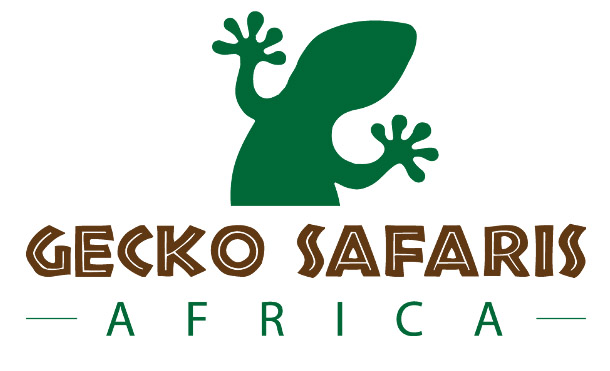How to Have a Sustainable Hiking Trip in Uganda
Sustainable hiking in Uganda. Uganda offers some of East Africa’s most stunning hiking experiences—from misty rainforests to volcanic peaks. But with every step into nature comes the chance to protect it. A sustainable hiking trip helps conserve Uganda’s wild landscapes and uplifts the communities that call them home.

-
Choose Responsible Trails and Parks
Start by picking trails managed by Uganda Wildlife Authority (UWA) or community-run initiatives. These areas support conservation and local jobs. Popular, well-managed hiking spots include:
Your entry fees support rangers, guides, and environmental protection.
-
Travel with Local Guides
Hiring local guides does more than help you navigate trails. It empowers Ugandans with meaningful employment. Guides also share knowledge about plants, wildlife, and culture. When you learn from locals, you enrich your hike and support conservation-minded tourism.
-
Pack Light, Pack Green
Bring reusable water bottles, metal straws, and eco-friendly containers. Avoid single-use plastics. Choose biodegradable soap and sunscreen. Keep your hiking gear simple and functional. The lighter and greener your pack, the smaller your impact on the trail.
-
Stay in Eco-Lodges or Camps
Uganda offers a growing list of eco-lodges and community-run camps. These places use solar power, recycle waste, and source local food. Staying at eco-lodges reduces your carbon footprint and supports businesses that care about sustainability.
-
Leave No Trace
This principle applies everywhere, especially in Uganda’s forests and mountains. Stick to marked trails. Avoid picking plants or disturbing wildlife. Carry out everything you carry in—including wrappers, food scraps, and tissues. Let your footprints be the only thing you leave behind.
-
Respect Local Cultures
You may hike through villages or meet people along the way. Greet locals respectfully. Ask before taking photos. Learn basic greetings in Luganda or local dialects. Supporting culture is part of supporting conservation.
-
Support Community Projects
Many hiking regions offer add-on experiences like coffee tours, crafts, or village visits. Spend money where it matters. Buy handmade products. Tip your guides fairly. When communities benefit from tourism, they become partners in protecting the land.
-
Offset Your Carbon Emissions
If you fly to Uganda, your trip comes with a carbon footprint. Offset your emissions through verified carbon offset programs. Some even support reforestation and clean energy in Uganda itself. It’s a small step with a long-term impact.
Plan Your Safari With Us
At Gecko Safaris Africa, we craft hiking trips that protect nature and uplift local communities. We partner with certified eco-lodges, train local guides, and follow Leave No Trace practices. Hike with purpose. Let your journey leave a legacy, not a footprint.

